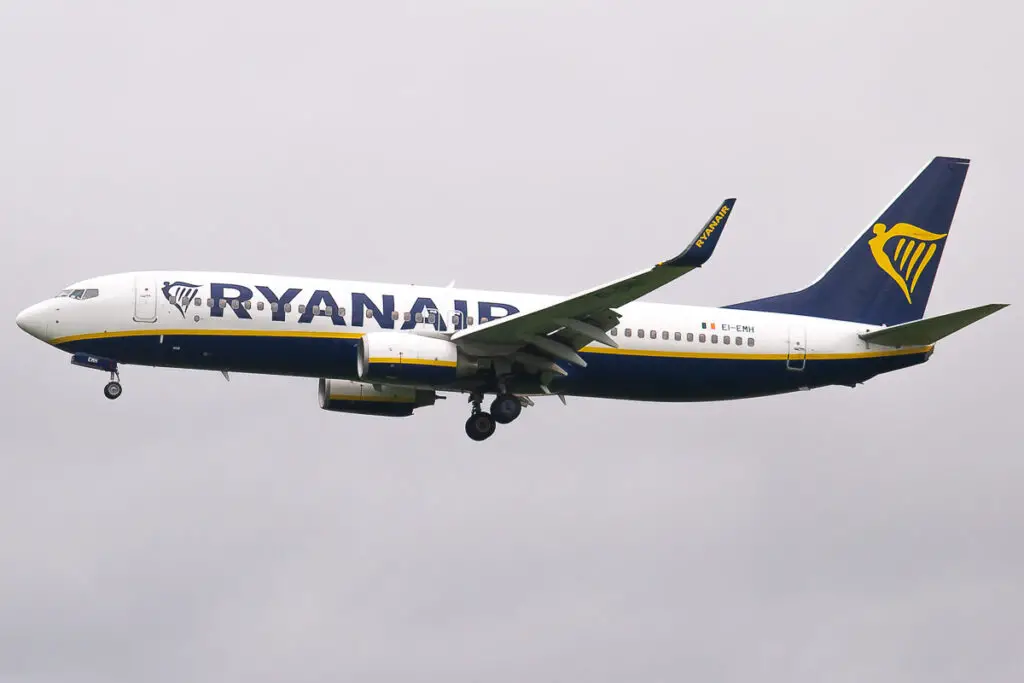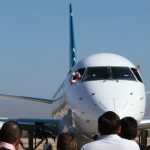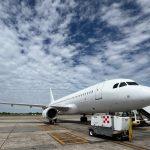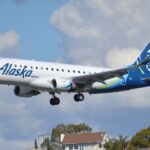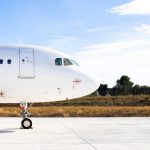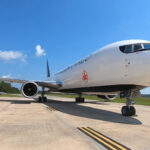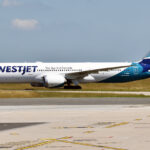Ryanair announced a profit of 2.21 billion euros in its half-year report, which pushed its shares up by 3.23% on NASDAQ.
In this context, Michael O’Leary, CEO of the ultra-low-cost airline, was interviewed by CNBC about the ongoing challenges faced with delays in the delivery of Boeing airplanes.
O’Leary indicated that Ryanair was scheduled to receive 57 new airplanes by April, but he considers it unlikely. «We’d be lucky if we get 47-50 by the end of next June,» he said, expressing frustration over the repeated missed delivery dates and the potential impact on their busy summer schedule. «We’re not taking aircraft after the end of June,» O’Leary added, emphasizing the operational constraints during peak season.
The airline’s boss pointed to the potential for «real capacity constraint» in Europe next year, as competitors may ground up to 10% of their fleets due to a «ginormous» backlog in engine repairs. O’Leary predicts that this shortfall will benefit Ryanair, particularly if they can secure the delayed Boeing aircraft, as competitors like Lufthansa, BA, and Air France are expected to increase fares due to reduced fleet capacity and high demand.
See also: Boeing’s Production Issues Impact Ryanair’s Winter Flight Schedule
Despite broader economic pressures, O’Leary remains bullish on Ryanair’s growth and pricing strategy. «We’ve seen our fares go up 24%, but we are still expanding,» he stated, emphasizing the airline’s competitive edge with lower fares relative to its rivals. With an aggressive fare structure, Ryanair is positioned to «carry 200 million passengers next year,» continuing its expansion across European markets.
Ryanair’s financial health remains robust, with the airline boasting €3.5 billion in cash reserves after paying down €2 billion in debt over the past year. O’Leary assured that excess cash would return to shareholders through dividends and buybacks, continuing a 15-year tradition of shareholder returns totaling €7 billion.
On fuel hedging, O’Leary confirmed Ryanair’s proactive stance, fully hedged to March at rates well below current market prices, which he vows to pass on to customers through lower fares. According to the details provided, they are 100% hedged until March at a value of USD 89 per barrel, and 50% hedged until March 2025 at a value of around USD 79 per barrel.
The CEO’s pragmatic approach was clear when asked about potential shifts in manufacturer loyalty. «The day Airbus comes in 5% cheaper, Boeing will be gone,» he quipped, affirming a cost-driven approach to aircraft procurement. However, he also acknowledged the strategic advantage of operating a Boeing fleet, which deters pilot poaching in a predominantly Airbus-operated European market.
In a notable moment, O’Leary dismissed the idea of purchasing Russian aircraft, even hypothetically, saying, «I wouldn’t take a Russian aircraft if it was free,» while maintaining confidence in Boeing’s quality despite its current production challenges.
«Boeing build great aircraft. They do have production challenges, but I’m confident that under Dave Calhoun, they’ll sort them out for the next 12-18 months», he concluded.

